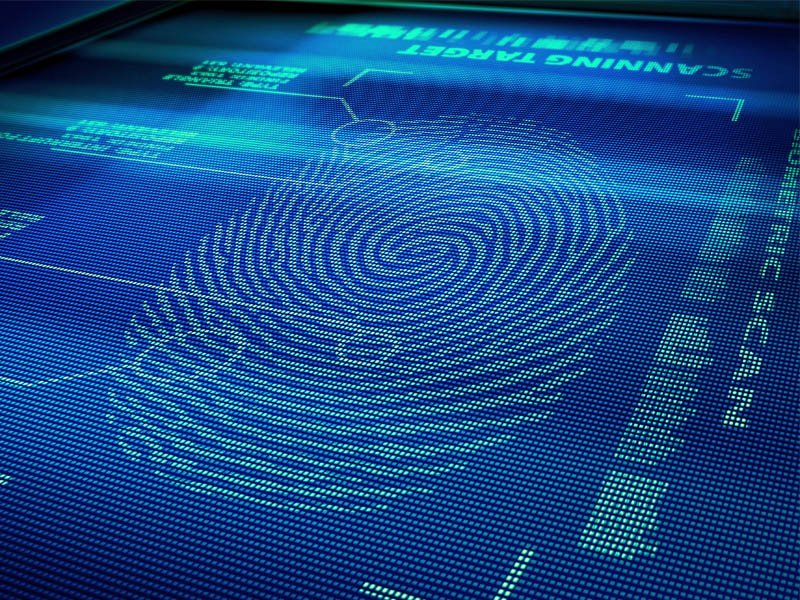Mastercard has become the first private sector organisation to be accredited under the federal government’s digital identity scheme for three roles, as the wait continues for legislation to underpin the program.
Mastercard this week was accredited under the federal government’s Trusted Digital Identity Framework (TDIF) as an identity provider and a credential provider, after receiving accreditation as an identity exchange in June.
The TDIF lays out the standards, rules and guidelines for digital identity providers based on international best practice and industry standards.

While Mastercard’s various offerings have now received accreditation under the government’s digital identity scheme, it is unable to actually participate in it until legislation is passed.
This legislation, extending the digital identity scheme to the private sector and state and territory governments, was announced late last year but the former Coalition government failed to introduce it before the election in May.
The Coalition launched the digital identity program more than seven years ago, and it now has an expected cost of $450 million.
Mastercard has received accreditation for identity proofing level 1+, the most basic level, meaning users will only need an email address or mobile phone number to prove their identity.
“As many parts of the world begin to return to a sense of normality, with reopening of omnichannel retail and borders, the need for more effective and streamlined identity verification has never been so important,” Mastercard head of cyber and intelligence solutions and digital identity Australasia Malliki Sathi said.
“Australia is leading the way when it comes to this step change, and Mastercard is excited to continue its collaboration with the public and private sector to build a national identity ecosystem where citizens have trust and confidence that their personal information is safe and secure.”
The Australian Taxation Office’s myGovID was the first identity service to be accredited under the TDIF, with Australia Post and OCR Labs also since having received approval.
Companies are being accredited under the TDIF scheme and can offer their digital identity services independently to the government’s services, but they can’t actually operate inside the system until the necessary legislation is passed.
The previous Coalition government missed its own deadline to introduce this legislation, seven years after it first launched the program. The bill will serve to expand the program to state and territory governments and the private sector, and to enshrine the requirements and privacy protections in the TDIF into law.
Australia’s digital and data ministers in March agreed to “actively explore” a national digital identity system.
Do you know more? Contact James Riley via Email.


The whole premise of the Governments digital identity program is fatally flawed. Using personal information in online identity leaves users exposed to increased risk of identity theft.